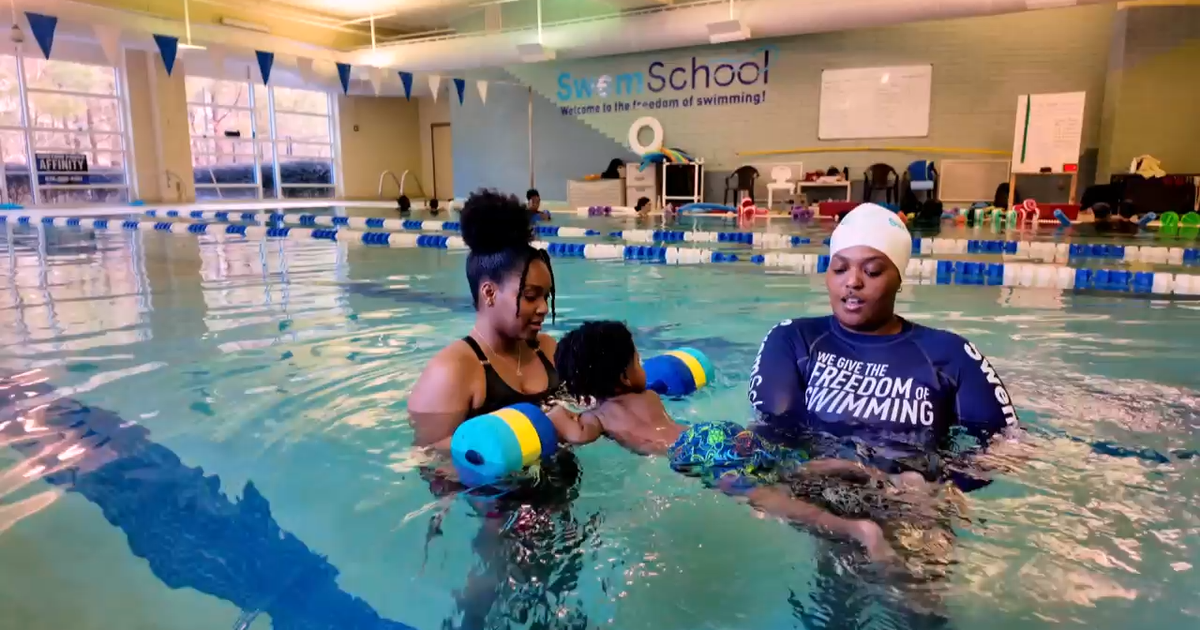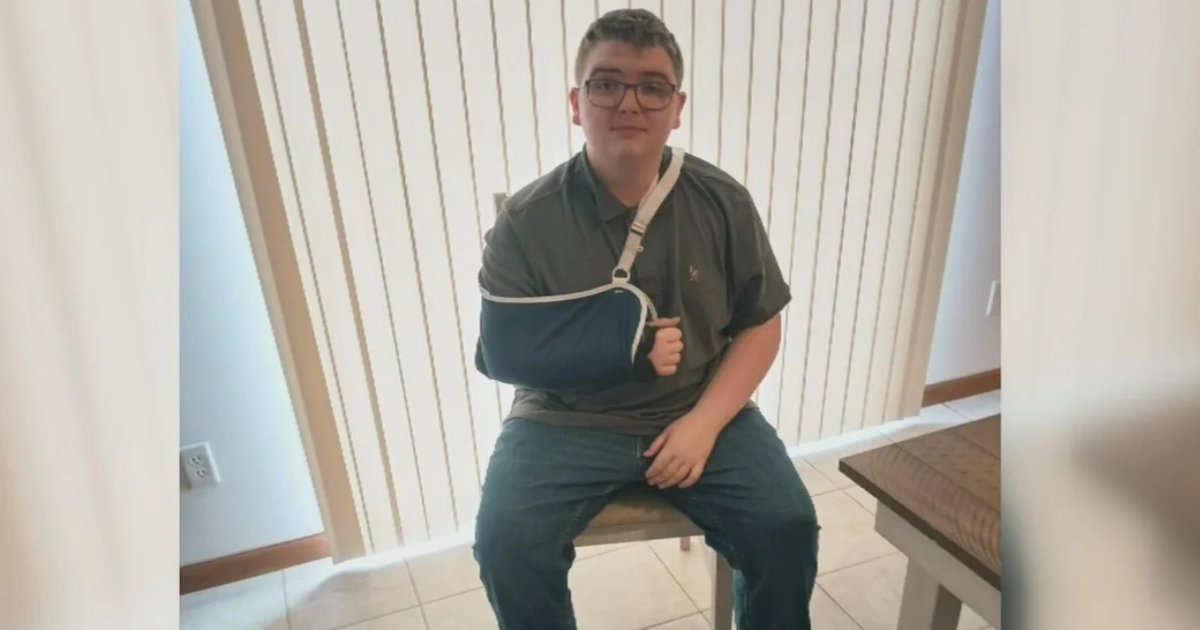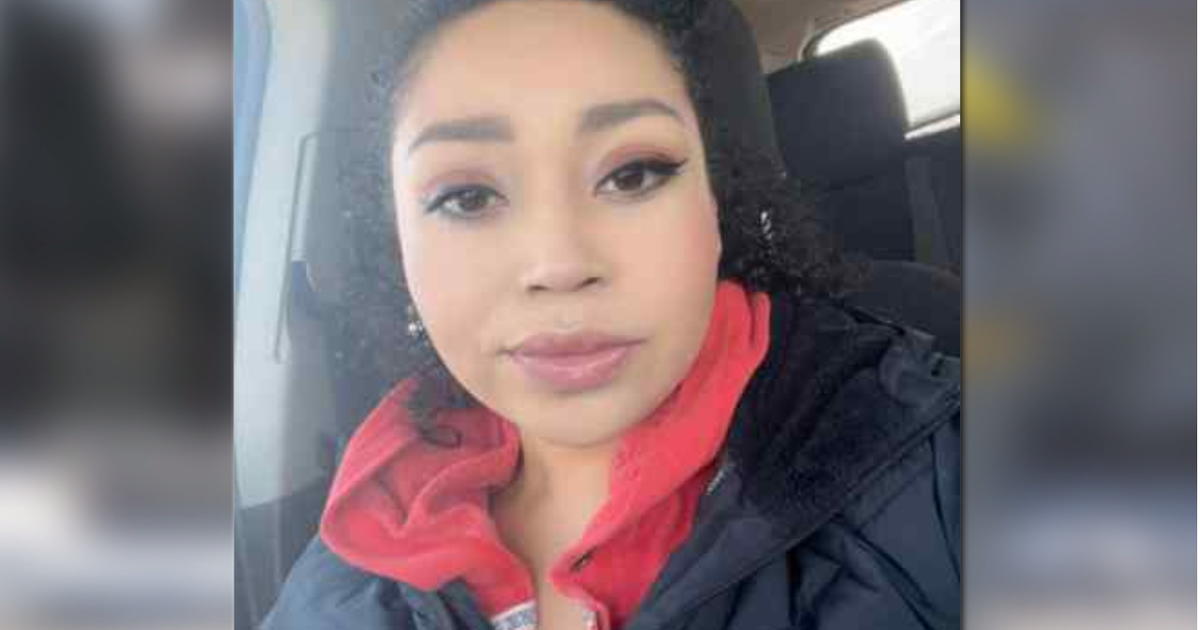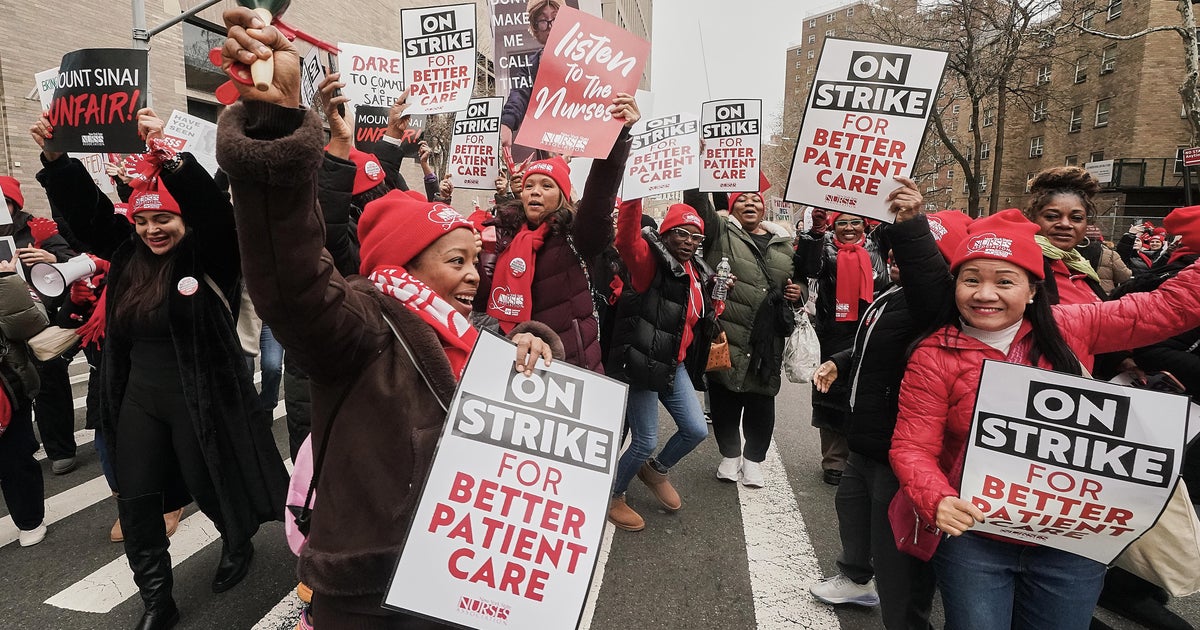Some Children Developing Croup After Contracting Omicron
CHASKA, Minn. (WCCO) -- Hospitalizations in kids are at their highest level in the pandemic.
Data from the Centers for Disease Control and Prevention shows the increase in hospitalizations has particularly been seen in kids from infant to 4 years old. Doctors are seeing that age group coming in with croup after contracting the Omicron variant.
Katrina Hull is a mother and an ICU nurse.
"You know, I'm used to emergencies. It's different when it's your own child," Hull said.
She recognized the distinct barking cough from her 2 year old son Bryce last Thursday as croup. They monitored his symptoms at home, but a day later he quickly went downhill.
"He was kinda turning like blue around the lips," Hull said. "You could tell he was tired, he was panicked as well."
Hull rushed her son to the ER, calling ahead to tell them her son was having trouble breathing. Medical staff got him on a nebulizer, oxygen and a steroid. They told Hull he may need to check in at Children's Minnesota.
But eight hours later, he was breathing OK and able to go home. But Hull asked if they would test him for COVID-19 first.
"I just saw something that croup is common in … toddlers with Omicron, so that was the only reason I asked for a test," she said.
Bryce tested positive. Pediatrician Dr. Jill Amsberry with CentraCare says croup can be caused by several viruses, including the more contagious Omicron variant. She's telling parents with young children to get tested for COVID-19 if they also have croup symptoms.
"If you know you have COVID, you can start quarantining so that you're not transmitting to the rest of the children at daycare," Dr. Amsberry said.
Most children with COVID-19 will manage at home. Children like Bryce who are under age 5 are too young for a vaccine.
"There's always that small number of people, and our toddler is perfectly healthy, who will get very sick from this," Hull said.
Dr. Amsberry says if your child is not alert, having trouble breathing or not staying hydrated, you should seek emergency care. If they have a fever for longer than three days, call your pediatrician.








